In 540 BC, Cyrus captured Elam (Susiana) and its capital, Susan. The Nabonidus Chronicle records that prior to the war, Nabonidus moved statues of gods into the capital city of Babylon, so it is thought that the war began in the winter of 540 BC. Harran Stelae H2 - A, and the Nabonidus Chronicles (17th year) show Nabonidus celebrating Akitu's new year on Nissanu 1 (April 4, 539 BC) in Babylon. In early October 539 BC, Cyrus defeated the Babylonian army in the Opis War, on the banks of the Tigris River, north of Babylon. On October 10, the city of Sippar fell without a fight. On October 15, Gubaru, the commander of Cyrus, entered the capital of Babylon, without significant resistance from the Babylonian army. Herodotus explains that the Persians used the lake that the Babylonian queen Nitocris had built to protect Babylon from the attacks of the Medes, to divert the flow of the Euphrates into the canal so that the water was knee-deep. This made it easier for the Persian army to enter the city via the river at night. This is no different from the record in the Book of Daniel, that King Belshazzar was killed by the Persian army during a night without major warfare (Daniel 5:28). On October 29, Cyrus entered the city of Babylon.
Cyrus is a philanthropist who one day will benefit him. One of the writers named Xenophon recounts in his writing about Cyrus. Cyrus combined restraint, justice, intelligence, and kindness of soul to help him establish the greatest empire in the world. He was obeyed by his people voluntarily even though he controlled many cities, many people, and many nations. Even by the people who were a few months away from Cyrus volunteered to obey his orders. Of all the justice and virtue of Cyrus's soul, he surpasses all kings especially in creating terror. "He can convey fear to himself to many people in the world so he is intimidating everyone," said Xenophon.

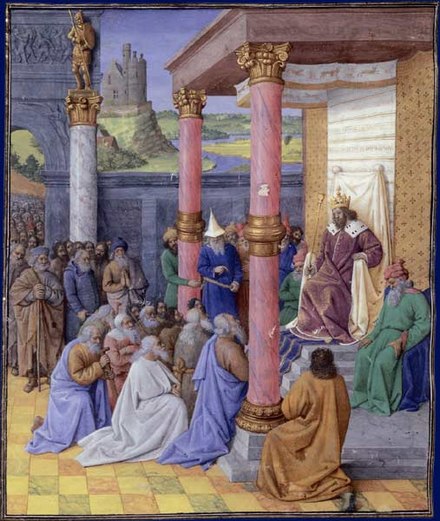

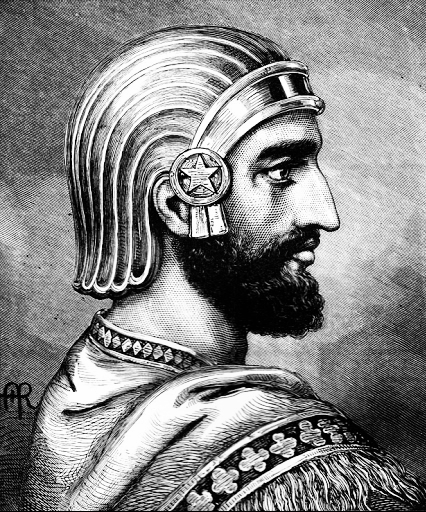

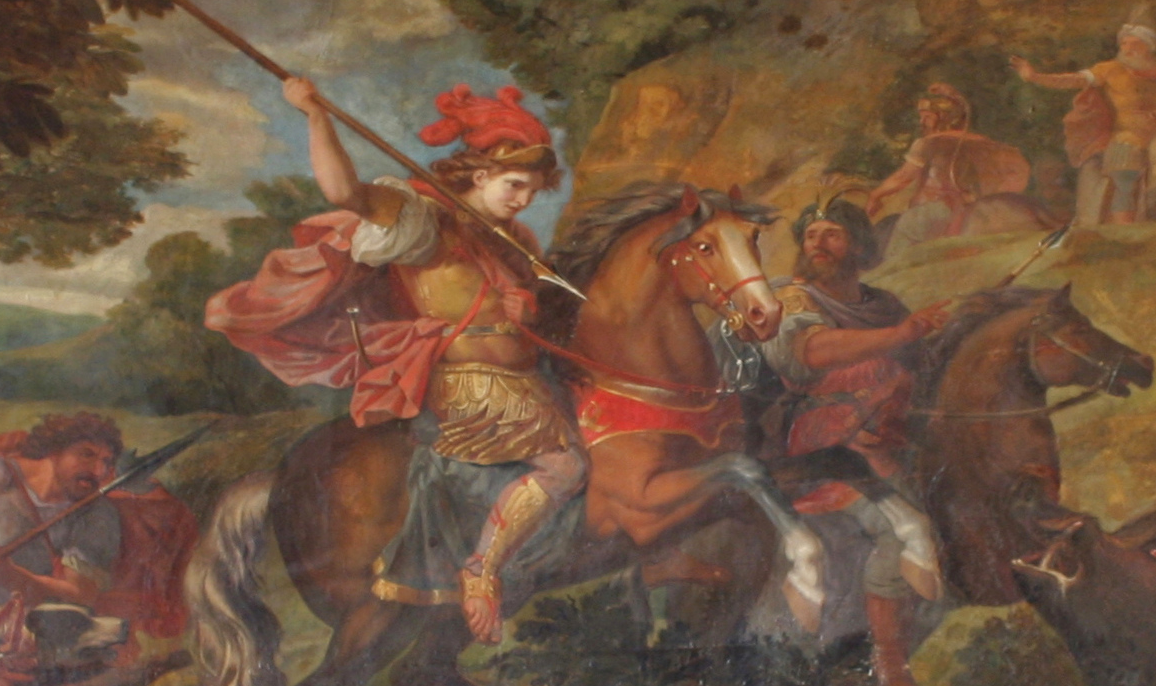
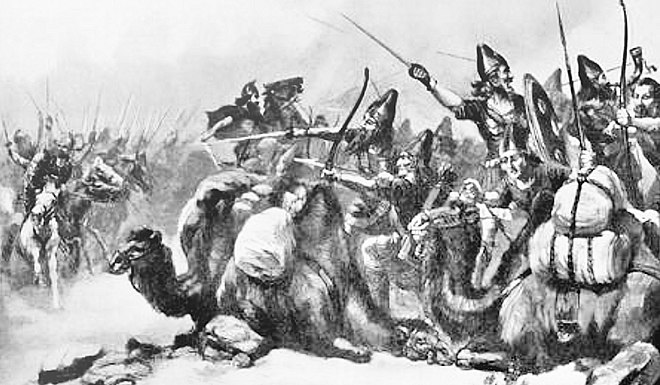
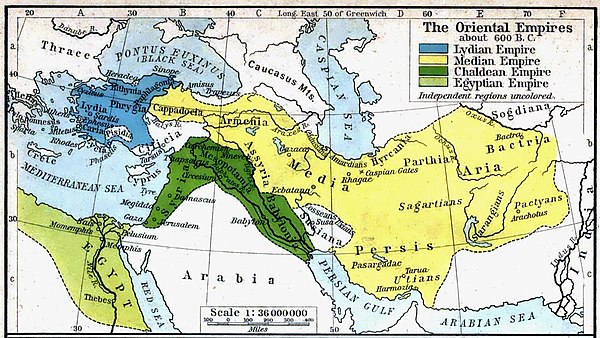
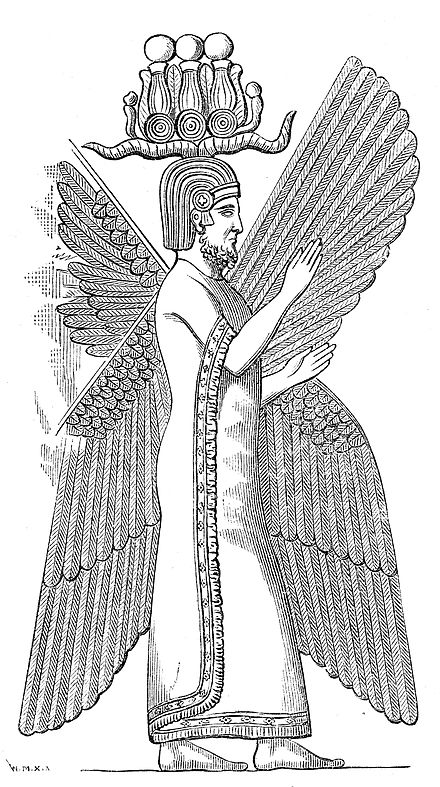
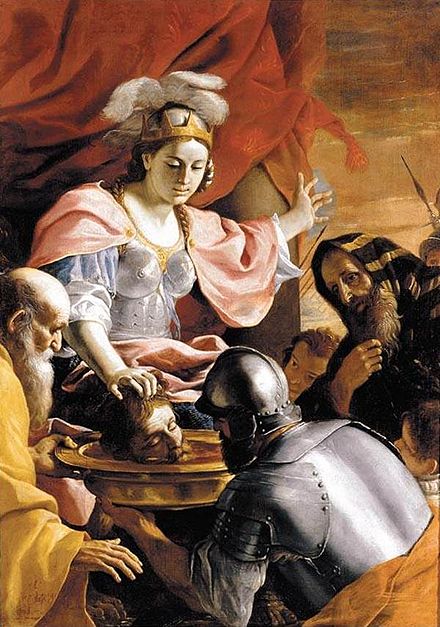
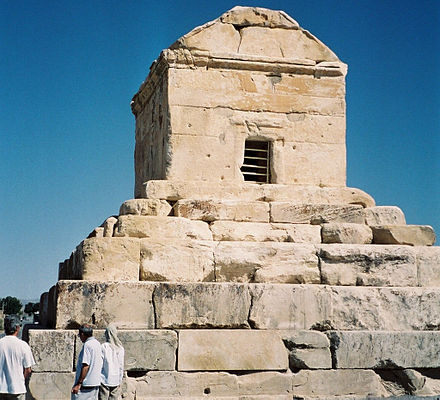

Comments
Links